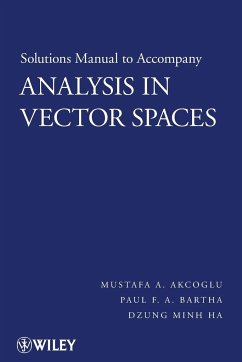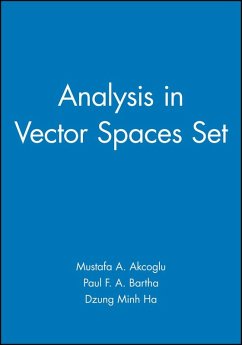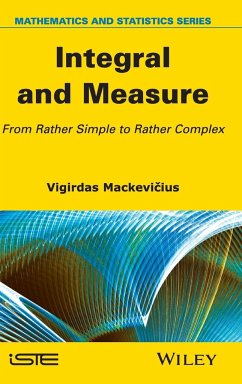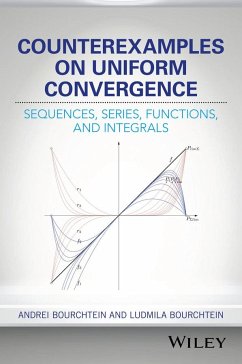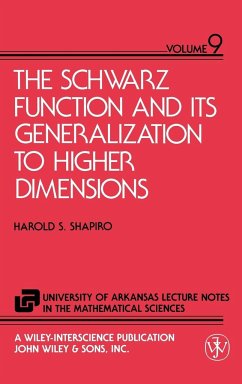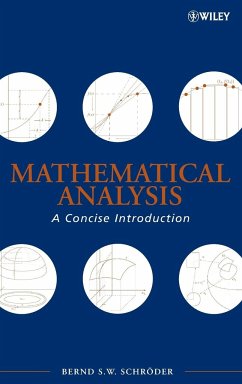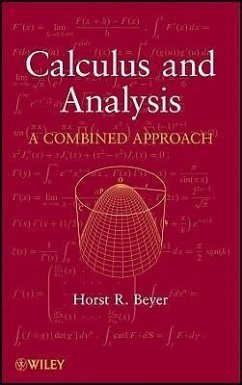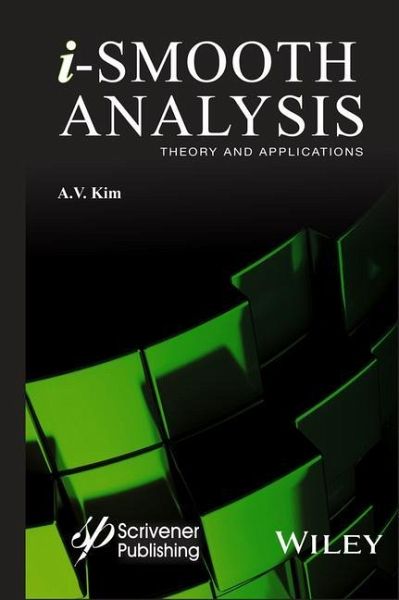
I-Smooth Analysis
Theory and Applications
Versandkostenfrei!
Versandfertig in über 4 Wochen
193,99 €
inkl. MwSt.
Weitere Ausgaben:

PAYBACK Punkte
97 °P sammeln!
A totally new direction in mathematics, this revolutionary new study introduces a new class of invariant derivatives of functions and establishes relations with other derivatives, such as the Sobolev generalized derivative and the generalized derivative of the distribution theory. i-smooth analysis is the branch of functional analysis that considers the theory and applications of the invariant derivatives of functions and functionals. The important direction of i-smooth analysis is the investigation of the relation of invariant derivatives with the Sobolev generalized derivative and the genera...
A totally new direction in mathematics, this revolutionary new study introduces a new class of invariant derivatives of functions and establishes relations with other derivatives, such as the Sobolev generalized derivative and the generalized derivative of the distribution theory. i-smooth analysis is the branch of functional analysis that considers the theory and applications of the invariant derivatives of functions and functionals. The important direction of i-smooth analysis is the investigation of the relation of invariant derivatives with the Sobolev generalized derivative and the generalized derivative of distribution theory. Until now, i-smooth analysis has been developed mainly to apply to the theory of functional differential equations, and the goal of this book is to present i-smooth analysis as a branch of functional analysis. The notion of the invariant derivative (i-derivative) of nonlinear functionals has been introduced in mathematics, and this in turn developed the corresponding i-smooth calculus of functionals and showed that for linear continuous functionals the invariant derivative coincides with the generalized derivative of the distribution theory. This book intends to introduce this theory to the general mathematics, engineering, and physicist communities. i-Smooth Analysis: Theory and Applications * Introduces a new class of derivatives of functions and functionals, a revolutionary new approach * Establishes a relationship with the generalized Sobolev derivative and the generalized derivative of the distribution theory * Presents the complete theory of i-smooth analysis * Contains the theory of FDE numerical method, based on i-smooth analysis * Explores a new direction of i-smooth analysis, the theory of the invariant derivative of functions * Is of interest to all mathematicians, engineers studying processes with delays, and physicists who study hereditary phenomena in nature. AUDIENCE Mathematicians, applied mathematicians, engineers, physicists, students in mathematics




